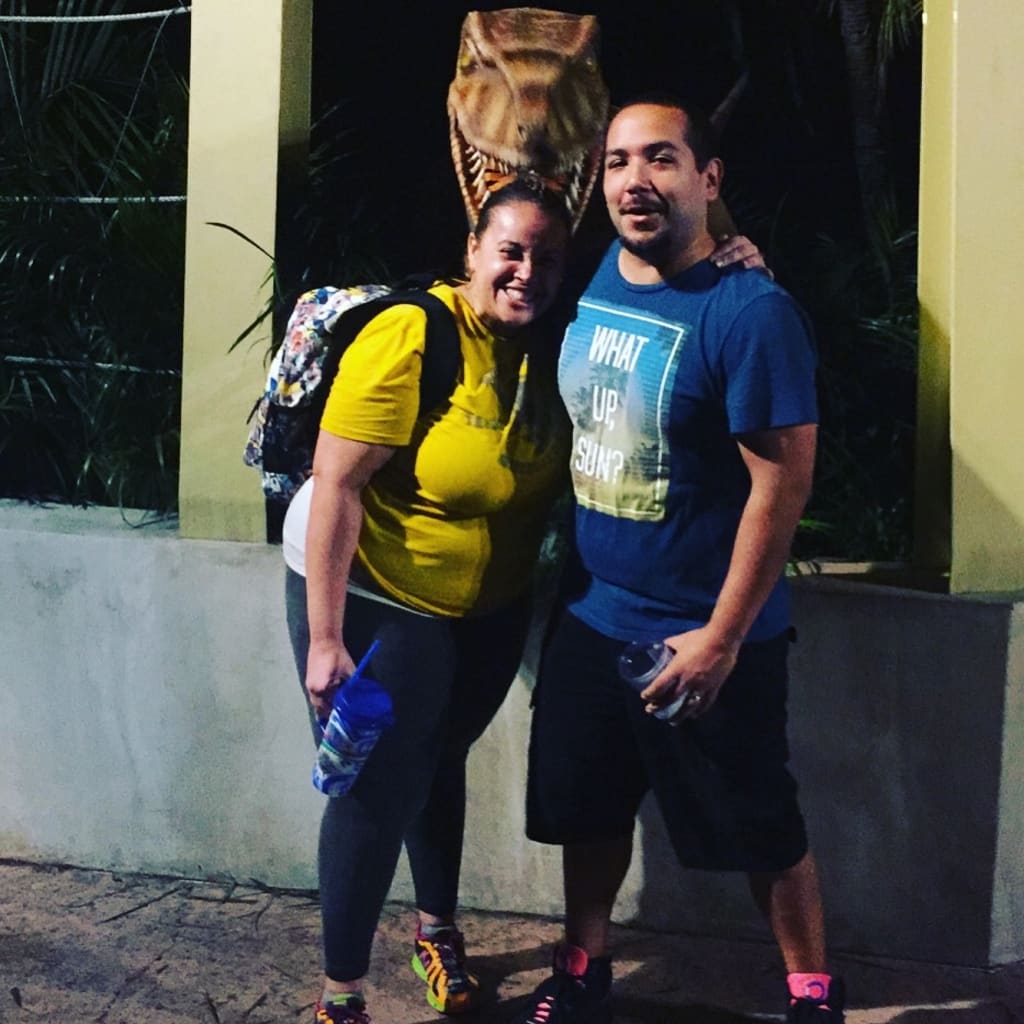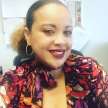Coming Out as Blerd
The challenges of embracing your nerdy fandoms as a BIPOC

Coming out to your family, friends and community about something that is at the very core of who you are is incredibly difficult. It can be even more complex when you are a person of color coming from a family or community with a very siloed view of the world and what your "norms" should be. There are many stories of coming out and this is mine.......
I want to clarify that my coming out tale is not about my sexuality (although there IS a story about that for another time). This tale is about embracing my identity as a Blerd.
It's probably a good idea to give a little context before we continue. For those that may not know, a Blerd is a Black nerd (BIPOC also applies). The term was first uttered by Donald Faison on an episode of Scrubs back in 2006 and instantly became popular throughout the Blerd community. The debut of this term was followed in 2007 by the premier of The Big Bang Theory, which was an instant hit for CBS. This was the beginning of a new age, one in which being a nerd in American society was ok, and in some circles, even cool. However, this was mainly the view of White America. White America, however, is not where I'm from or who I identify with.
I'm a Gen Xer that grew up in a Puerto Rican household during the late 80's early 90's. There was loud music, even louder conversations and lots of expectations. Outside of my household was a predominately Black, middle class neighborhood full of families hoping their future generations would become lawyers, doctor, athletes and entertainers.
Both in my home and within my community there was a very distinct image of how I should be and what I should be into. I was expected to be strong and personable. I had to be smart but also cool. I needed to either know all of the latest trends in pop culture or know exactly what was going on in the NFL and NBA.
There was no room in this image to love cartoons and anime. There wasn't a place for video games. Reading was valued as a means to an end, not a hobby for fun. If you engaged in any of these things, it was best to keep it quiet or risk being labeled as "acting white."
Fitting in was difficult, but I knew that outwardly I would need to conform because not fitting in would have made growing up hell. This is not hyperbole. I saw how childhood friends that did not conform were treated, many banished from the group. I spent 32 years pretending to be someone I was not. I outwardly enjoyed the things that my peers did, while secretly consuming my actual interests.
Finally, in about 2008, I decided it was time to be my true self. Now, 13 years later, I still can't get over things that instantly struck me when I came out and mostly still hold true today:
1 - Blerdness is still identified as Whiteness
People think that liking the things I like make me "act white." Yes, it's true that most of the fandoms I consume were created by white creators (I'm into anime, but not as heavy as Marvel/Star Wars/Harry Potter). This does not mean, however, that enjoying these things makes me want to "be white." By that logic, every BIPOC that enjoys football or basketball must want to be white because both sports were invented by white men... which is a ridiculous notion!
2 - Being a Blerd doesn't mean I'm a member of every nerdy fandom
Yes, I'll admit it. I LOVE Harry Potter and Star Wars. My Hero Academia is up there with Samurai Champloo as my favorite anime all time. I've lost months of my life fully submersed in the world of Elder Scrolls. I'll take the X-men over the Avengers every day of the week, although Dr. Strange is my favorite comic book hero. I've almost flipped a table after losing a game of Magic the Gathering. And yet, I don't like Naruto. I've never played a Castlevania game. I've never read a Superman comic. Pokemon is kinda lame to me. I don't particularly like Static Shock as a character. The point is that there are things I nerd out about and things I don't. Identifying as a Blerd doesn't mean I love every nerdy thing that you've ever heard of.
3 - Gatekeeping in and out of the Blerd community is REAL
Being a fan is hard. You have to experience the thing you're fanboying/fangirling about. You search the interwebs to learn everything you can and then try and introduce it to others you care about. This is a lot of work! Yet it's all for naught if you come across someone who insists that you validate your fandom. These folks are called gatekeepers and they feel like they alone can dictate who is or is not worthy to experience a fandom. The sad part is that gatekeeping is not solely a black or white thing. Rather, the type of gatekeeping can differ based on the ethnicity of the gatekeeper. White gatekeepers tend to focus on a "lack of understanding" by Blerds OR the inherit whiteness of the content (ie you can't cosplay as a white fictional character as a BIPOC). BIPOC gatekeepers can either be highly misogynistic or simply insist that if you don't know every single thing there is to know about the source material for your fandom then you cannot possibly be a real fan. For the record, the practice is complete nonsense. Anyone should be able to enjoy their fandom as THEY see fit and not based on how others feel it should be consumed.
4 - Women aren't really Blerds
This one probably upsets me the most. If you are a BIPOC women (and heaven forbid even remotely attractive) you can't possibly, actually enjoy anything that Blerds like. You don't really play video games. You don't actually watch anime. You know nothing about Order 66 or the Sith Rule of Two. You have a vagina so can't possibly understand and enjoy these very complex things. Misogyny is a HUGE issue in the general nerd community and there is no exception to these issues in the Blerd community as well. Women have a significantly more difficult time being taken seriously in fandom communities. You would think that with the cultural strides we've seen as of late pushing us all towards a more diverse and inclusive society this would not still be happening, but sadly it is. Go to any online fan forum and you will see women being insulted, their opinion discredited and devalued time and time again. If those women are BIPOC, the abuse is disgustingly worse.
These points aside, I don't regret coming out not a single bit! There are so many incredible and supportive groups of like minded Blerds and nerds alike that make engaging on my favorite topics truly fulfilling. My sincerest hope is that in sharing my experience (and pitfalls), I can encourage other Blerds to feel comfortable owning their true selves and proudly engaging in the fandoms they love.
About the Creator
Maria Morales
I'm a foodie, mom of 5 beautiful & complicated young adults, lover of all things Wizarding World & Star Wars, proud Blerd, podcaster/YouTuber and huge MMA fan.
Hope you enjoy my perspective on all of the things I love!






Comments
There are no comments for this story
Be the first to respond and start the conversation.